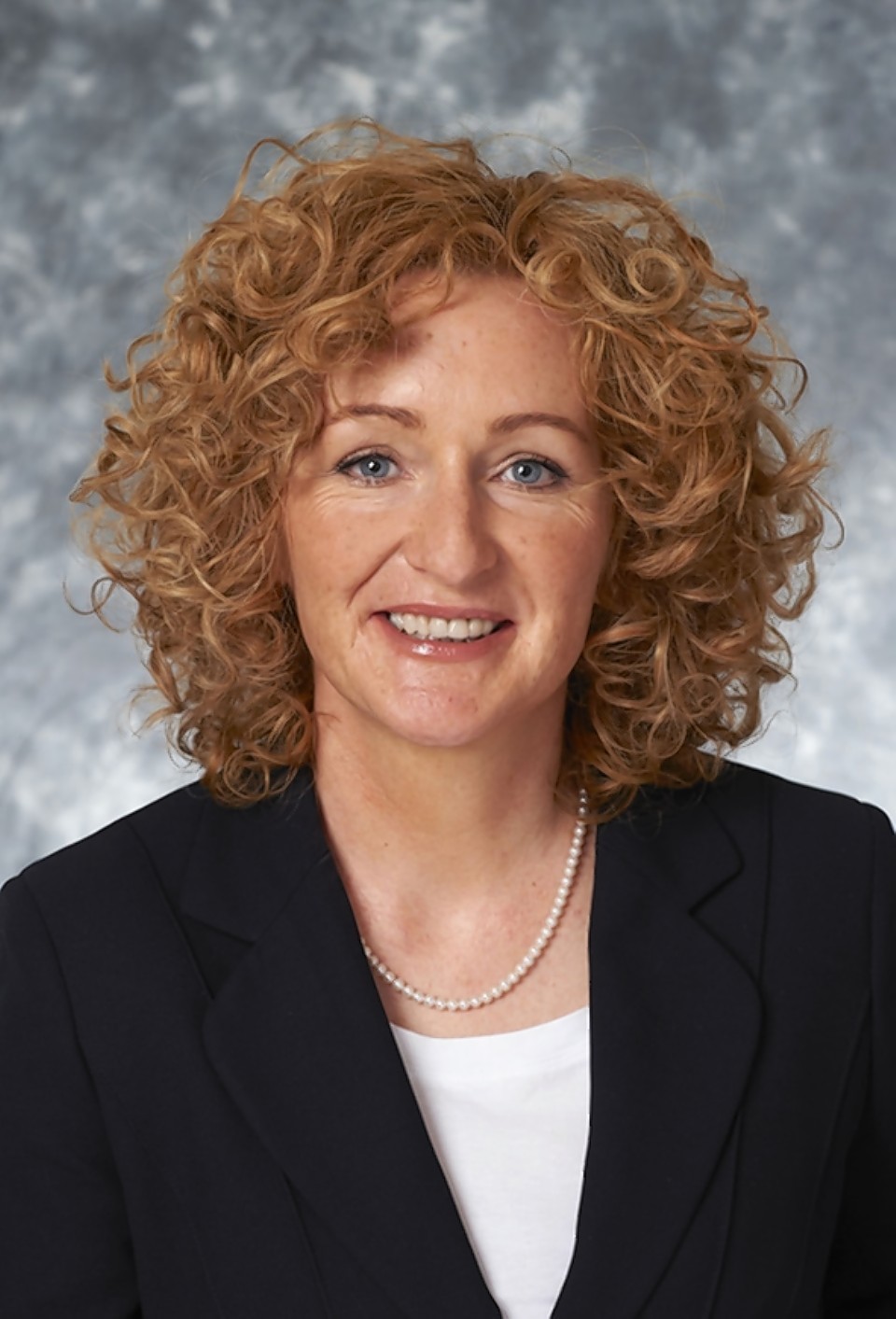Highland Council is being flooded with complaints about its flagship multimillion pound home heating scheme.
Scores of council house tenants have rejected the new heating systems and risk “freezing” amid fears they will be hit with higher bills.
The problems mean that the cost-cutting council is now expecting to spend almost £10million under its £40million allocated budget for its energy efficiency programmes this year.
But councillors have said the underspend is “nothing to be proud of” and raised concerns that residents were either being “missed out” or not being given enough information.
A total of 2,864 homes were due to be fitted with new heating systems, from biomass to solid fuel replacement heaters, under the scheme which began in 2012, with 722 still to be finished.
But many more tenants are opting out and rejecting the heaters on offer.
A report to councillors said that while overall satisfaction levels were high, some tenants were “unhappy about not receiving the heating they would have preferred”.
The council had also received “complaints over the quality of the work and the effectiveness of the heating installed”, and that tenants were “finding that the heating system is more expensive to run than they had anticipated”.
Christine Lamptey rejected the new system for her home at Threipland Place, Spittal in Caithness.
The 57-year-old said: “I was under the impression that the contractor would come to the house to assess what system was best for the house.
“But the man just said ‘this is what you are getting’. I said ‘no, no, no’. I couldn’t afford it.
“I’m waiting on them telling me what kind of heating I’m getting now, but it will probably be nothing.
“I’ve a one-bar fire in my sitting-room and I can’t put it on until lunch time.”
Landward Caithness councillor Gillian Coghill believes the case was just the “tip of the iceberg”.
She said: “There are a number of people now opting out of the new heating schemes because of the fear of the unknown.
“A lot of people can not keep payments going at the moment and there is such pressure on them, they are genuinely worried. These schemes have not been tried and tested.
“We have to be sure that we are giving them more than one option and be absolutely sure of what we are offering.”
A report circulated to councillors said a “significant number of properties” had to be added to the programme because of previous failures.
It added that a “number of challenges” have resulted from the scale of the energy efficiency programme and that “a number of tenants” had “not had a positive experience.”
Tain and Easter Ross councillor Fiona Robertson said: “The cases I have been dealing with are people feeling they have been missed out and I am concerned they might just be knocking on the doors and moving on if no one answers.
“I am also concerned about the number of opt-outs and want to know the reasons why people are opting out.”
East Sutherland and Edderton councillor Graham Phillips said: “My diary is full of problems arising from difficult installations and it’s very important we learn some lessons from this.
“If we are going to put in a new electric system and say we are not able to advise people on what knowledge or tariff is needed we should be ashamed of ourselves, and one of the things I am worried about is that although complaints coming to me are well handled, we will be in a situation where people have much higher bills.
“We must learn about how we go about managing large scale projects like this in the future and avoid mistakes.”
Inverness Central councillor Donnie Kerr, whose ward has the highest proportion of social housing in the region, said: “We have got blocks of flats where four people are getting the heating done and the others are not. I think too much of this has become a desktop exercise.
“It’s nothing to be proud of if you have that much of an underspend. It’s disappointing when tenants turn it down but we are not seeing the figures for that.”
Highland Council’s head of housing David Goldie, co-author of the report to last week’s community services meeting, said it was an “enormous” and “challenging” programme, adding: “In relation to opt-outs, what we need to do is report on the number of opt outs annually and the best way to do is gather a list by area.
“We have commissioned a series of local energy advisors and fund these through the capital budget. They are available to give bespoke individual advice to people on the tariffs they are on and how to use the system.
“We want to minimise the negative experience some people have had and we will work to address their concerns.”
